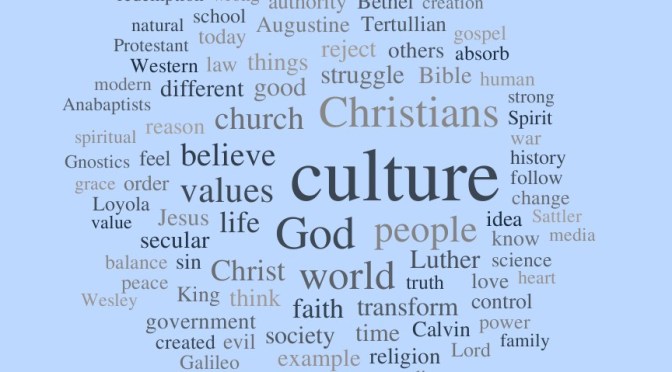Initially, God’s world and ours intersected and cohabitated. This was Eden until humankind rebelled and broke its relationship with the Creator. Now, the two separate realms (kingdoms) have two kings: God and Satan. Because we’re made of mammal fleshiness and God-made spirit, we feel the draw of this appealing-to-the-flesh earth ruled by Satan and heaven ruled by God. We can’t serve two masters and must choose one. And not choosing God’s Kingdom will put you in the other by default. Let’s learn more about each to help you choose well. By the way, I published “The Supernatural God: Rebellion & Disinheritance!” in May 2023. You might want to revisit it for more background.
Satan’s Kingdom. After the dispersion at Babel, God disinherited most of the earth and its people (except for Israel), giving them to others in His council (Deuteronomy 32:7-12; Psalm 82). Those other spiritual beings have managed most of humanity ever since. Satan is their ruler; he has authority over the earth and anyone who isn’t God’s. He couldn’t have offered Jesus his earthly kingdom in Matthew 4:8-10 otherwise! Other biblical examples of Satan’s rulership: “Satan, the ruler of this world . . .” (John 12:31) and “Jesus said, ‘The ruler of this world approaches . . .’” (John 14:30). Jesus also confirms “My kingdom is not of this realm” in John 18:36 and “the whole world lies in the power of the evil one.” (1 John 5:19) But, this won’t always be the case!
God’s (YHVH’s) Kingdom. Despite Satan’s temporary rulership of this earth, God’s Kingdom has been attainable since Jesus gave His life to satisfy our debt to the Creator. Why did He do that? To return us to our Maker (1 Peter 3:18). For now, His Kingdom is ‘already, but not yet’ because it is available through Jesus but isn’t physically among us. One day, the two kingdoms will engage in a final conflict, and the ruler of this world will be ousted and destroyed. God’s realm and ours will intersect again as they did in Eden. When? We don’t know for sure, but here are reminders of the certainty:
- “Then the seventh angel sounded; and there were loud voices in heaven, saying, ‘The kingdom of the world has become the kingdom of our Lord and of His Christ; and He will reign forever and ever.’” (Revelation 11:15)
- “Now the salvation, and the power, and the kingdom of our God and the authority of His Christ have come . . .” (Revelation 12:10)
To summarize, the Devil runs things on earth for now, establishing lots of wickedness inside and outside the churches. However, God will one day reclaim what’s His and recombine His realm and ours in a new world. Where should we go next? Let me share my Orthodox Lent journey with you in an enlightening multi-parter. Meanwhile, choose your king and kingdom wisely and stay!
Blessings and peace,
Dr. Ron Braley, MDiv, DMin.









